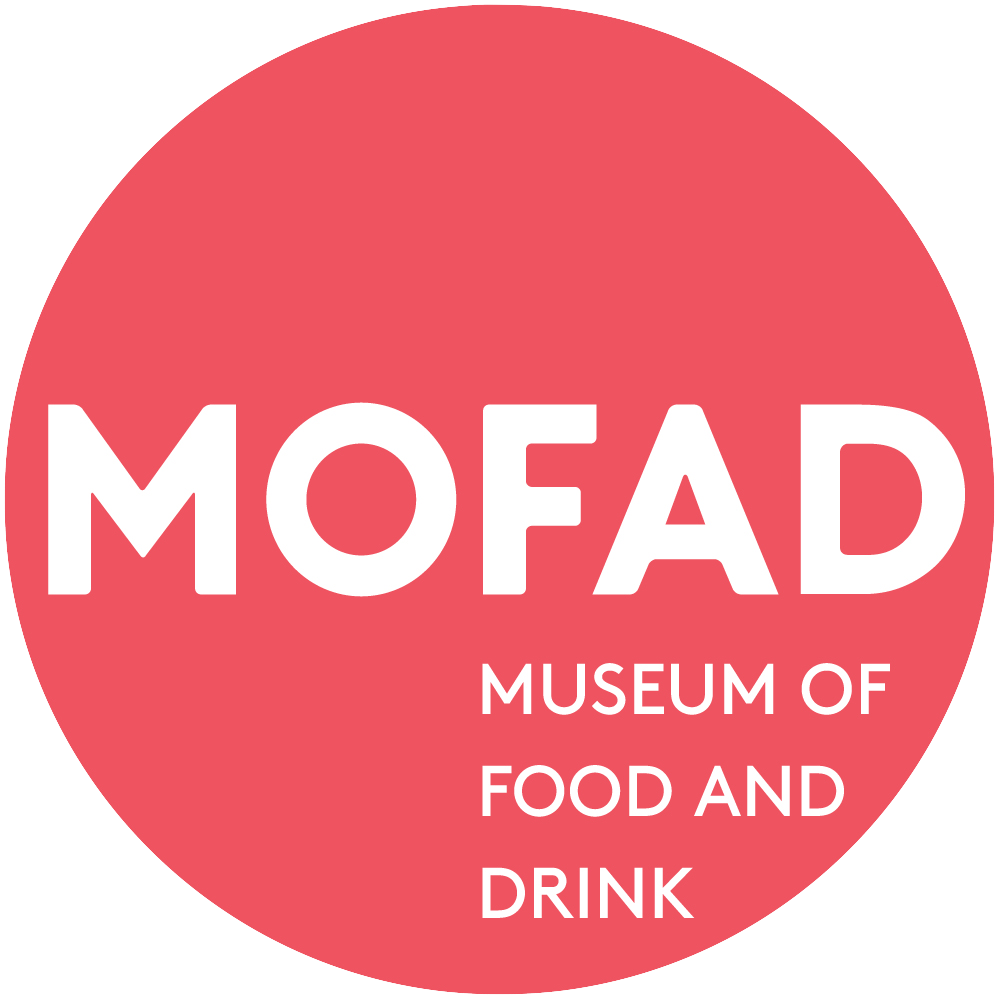Join MOFAD and Simran Sethi for an evening of in-depth exploration of chocolate's unique flavor of course, but also its social and environmental implications. Simran Sethi, a journalist, fellow at the Institute for Food and Development Policy, and author of the award-winning book, Bread, Wine, Chocolate: The Slow Loss of Foods We Love, will facilitate a virtual conversation about how the cocoa industry can, and should, be a critical driver for social and environmental change.
As part of the evening, Simran will lead a guided tasting of cocoa grown and transformed into chocolate in Mexico (by Cuna de Piedra), Brazil (by Luisa Abram), the US (by Manoa), and Vietnam (by Marou) as a way to help chocolate lovers better understand flavor, chocolate, and the impact consumer purchases can have in supporting a more just and sustainable food system.
Simran is donating all her earnings to the RAYEN cocoa cooperative in Tapachula, Mexico that supplies Cuna de Piedra and the NGO SOS Amazonia dedicated to protecting the Amazon and supporting the cultivation of wild cocoa (found in Luisa Abram's chocolates).
SIMRAN SETHI
Named one of the “50 Most Influential Global Indians” by Vogue India and the “environmental messenger” by Vanity Fair, Simran has written for outlets including The New York Times, The Wall Street Journal, National Geographic, The Washington Post, Guernica and The Guardian. She was designated one of the top eight women saving the planet by Marie Claire, and is the author of Bread, Wine, Chocolate: The Slow Loss of Foods We Love—named one of the best food books of 2016 by Smithsonian—about the story of changes in food and agriculture told through bread, wine, chocolate, coffee and beer. She is the contributing author of Ethical Markets: Growing the Green Economy, winner of a 2008 Axiom Award for Best Business Ethics Book.
Simran is the creator of The Slow Melt, the first podcast on the cultural and environmental stories behind chocolate and the winner of the 2017 SAVEUR award for Best Food Podcast. She is also a contributor to the National Public Radio program Good Food, and was one of the first inductees into Heritage Radio Network’s Hall of Fame.
Simran is a senior fellow at the Oakland Institute in Oakland, USA, researching and reporting on food justice and ways to forge a resilient, just food system. She currently serves as guest faculty at Chatham University in Pittsburgh, USA, and faculty at John Cabot University in Rome, Italy, and the University of Gastronomic Sciences in Pollenzo, Italy. She is a former visiting scholar at the Cocoa Research Centre based at the University of the West Indies in St. Augustine, Trinidad, where she completed training on chocolate making and the sensory analysis of cocoa. She has also completed sensory training in honey at the National Research Council of Italy (CNR), the largest public research institution in Italy.
She has spoken on five continents on topics ranging from the loss of agrobiodiversity to sustainability in fashion and sports, at events including WOMAD, the World Cocoa Conference, the United Nations Global Landscapes Forum and the Commonwealth Club, and lectured at institutions ranging from the Denver Museum of Nature and Science to the Sydney Opera House.
Simran is the former environmental correspondent for NBC News, which included contributions to CNBC, MSNBC, TODAY and Nightly News. She has produced environmental programming for PBS and Sundance Channel, and was the host of the EMMY Award-winning documentary A School in the Woods. She holds an M.B.A. in sustainable business from the Presidio Graduate School and graduated cum laude with a B.A. in sociology and women’s studies from Smith College.
In collaboration with Caputo's Market and Deli, proud advocates for craft chocolate - their makers, farmers, and consumers. Learn more about our offerings here.
This program was funded in part by Humanities New York with support from the National Endowment for the Humanities.
Any views, findings, conclusions or recommendations expressed in this program do not necessarily represent those of the National Endowment for the Humanities.





